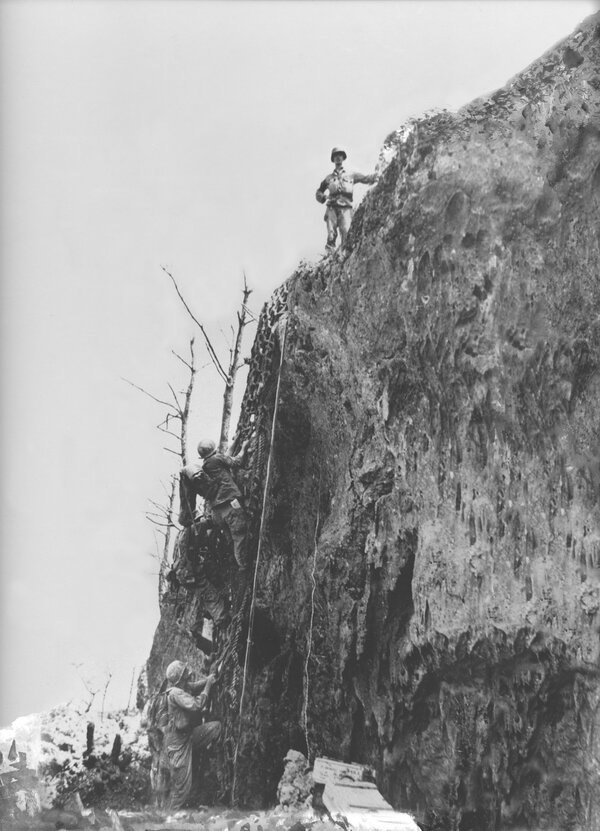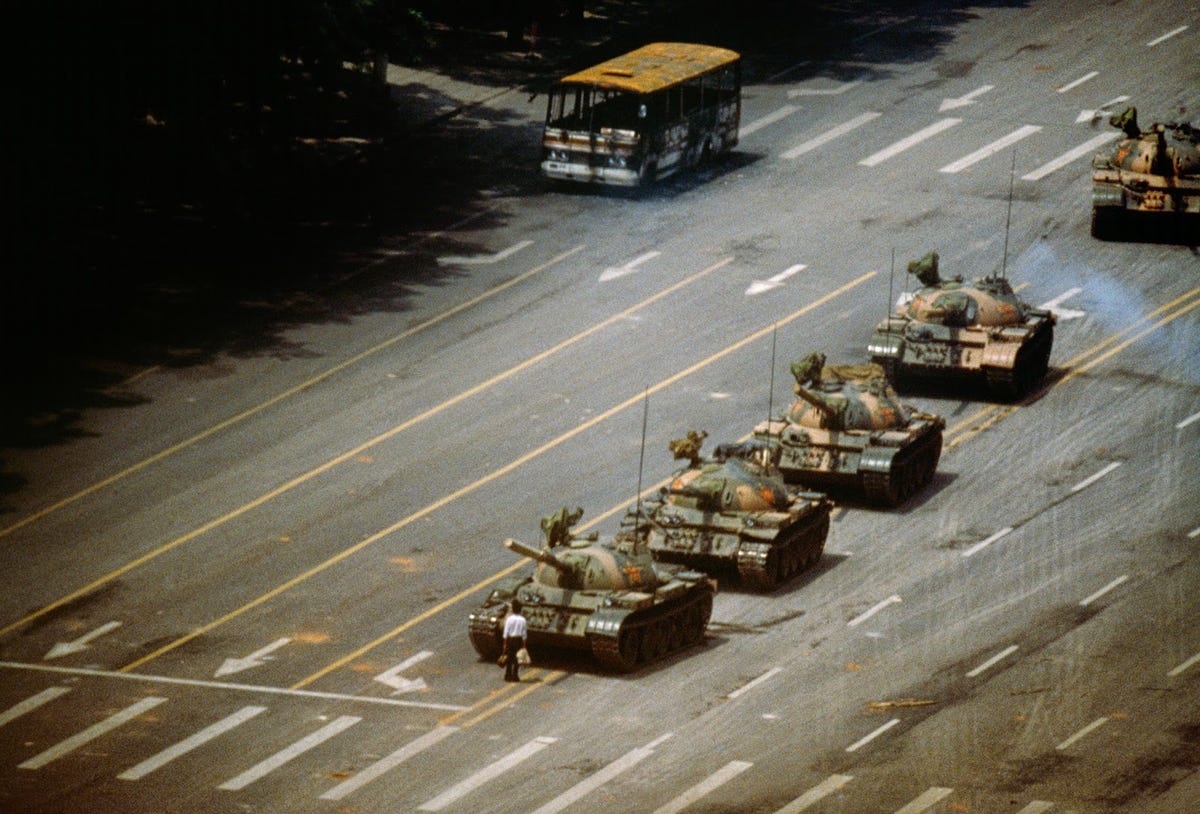BarnBuster
Virtually Unknown Member
History of Fake News
By David Uberti, Columbia Journalism Review, 12/15/2016
In an 1807 letter to John Norvell, a young go-getter who had asked how to best run a newspaper, Thomas Jefferson penned what today would make for a fiery Medium post condemning fake news.
“It is a melancholy truth, that a suppression of the press could not more compleatly [sic] deprive the nation of its benefits, than is done by its abandoned prostitution to falsehood,” the sitting president wrote. “Nothing can now be believed which is seen in a newspaper. Truth itself becomes suspicious by being put into that polluted vehicle.”
That vehicle grew into a commercial powerhouse in the 19th century and a self-reverential political institution, “the media,” by the mid-20th. But the pollution has been described in increasingly dire terms in recent months. PolitiFact named fake news its 2016 “Lie of the Year,” while chagrined Democrats have warned about its threat to an honest public debate. The pope compared consumption of fake news to eating feces. And many of the wise men and women of journalism have chimed in almost uniformly: Come to us for the real stuff.
“Whatever its other cultural and social merits, our digital ecosystem seems to have evolved into a near-perfect environment for fake news to thrive,” New York Times CEO Mark Thompson said in a speech to the Detroit Economic Club on Monday.
The broader issue driving the paranoia is the tardy realization among mainstream media that they no longer hold the sole power to shape and drive the news agenda.
A little bit of brake-tapping may be in order: It’s worth remembering, in the middle of the great fake news panic of 2016, America’s very long tradition of news-related hoaxes. A thumbnail history shows marked similarities to today’s fakery in editorial motive or public gullibility, not to mention the blurred lines between deliberate and accidental flimflam. It also suggests that the recent fixation on fake news has more to do with macro-level trends than any new brand of faux content.
Macedonian teenagers who earn extra scratch by concocting conspiracies are indeed new entrants to the American information diet. Social networks allow smut to hurtle through the public imagination—and into pizza parlors—at breakneck speed. People at or near the top of the incoming administration have shared fake news casually. And it’s appearing in news organizations’ own programmatic ads.
But put aside the immediate election-related PTSD and the rampant self-loathing by journalists, which has led to cravings for a third-party, perhaps Russian-speaking, fall guy. The broader issue driving the paranoia is the tardy realization among mainstream media that they no longer hold the sole power to shape and drive the news agenda. Broadsides against fake news amount to a rearguard action from an industry fending off competitors who don’t play by the same rules, or maybe don’t even know they exist.
“The existence of an independent, powerful, widely respected news media establishment is an historical anomaly,” Georgetown Professor Jonathan Ladd wrote in his 2011 book, Why Americans Hate the Media and How it Matters. “Prior to the twentieth century, such an institution had never existed in American history.” Fake news is but one symptom of that shift back to historical norms, and recent hyperventilating mimics reactions from eras past.
Take Jefferson’s generation. Our country’s earliest political combat played out in the pages of competing partisan publications often subsidized by government printing contracts and typically unbothered by reporting as we know it. Innuendo and character assassination were standard, and it was difficult to discern content solely meant to deceive from political bomb-throwing that served deception as a side dish. Then, like now, the greybeards grumbled about how the media actually inhibited the fact-based debate it was supposed to lead.
Related: Dear US journalists: Things are about to change
“I will add,” Jefferson continued in 1807, “that the man who never looks into a newspaper is better informed than he who reads them; inasmuch as he who knows nothing is nearer to truth than he whose mind is filled with falsehoods & errors.”
Decades later, when Alexis de Tocqueville penned his seminal political analysis, Democracy in America, he also assailed the day’s content producers as men “with a scanty education and a vulgar turn of mind” who played on readers’ passions. “What [citizens] seek in a newspaper is a knowledge of facts,” de Tocqueville wrote, “and it is only by altering or distorting those facts that a journalist can contribute to the support of his own views.” His concerns weren’t for passive failures of journalism, but active manipulation of the truth for political ends.
While circulation in those days was relatively low—high publishing costs, low literacy rates—proliferation of multiple titles in each major city provided a menu of worldviews that’s similar to today. The infant republic nevertheless managed to survive the fake news scourge of early 19th-century newspapermen. “The large number of news outlets, the heterogeneity of the coverage, the low public esteem toward the press, and the obvious partisan leanings of publishers limited the power of the press to be influential,” political scientist Darrell M. West wrote in his 2001 book, The Rise and Fall of the Media Establishment.
With the growth of the penny press in the 1830s, some newspapers adopted advertising-centric business models that required much larger audiences than highbrow partisan opinions would attract. So the motivation to mislead shifted slightly more toward commercially minded sensationalism, spurring some of the most memorable media fakes in American history.
article continues here...
http://www.cjr.org/special_report/fake_news_history.php





